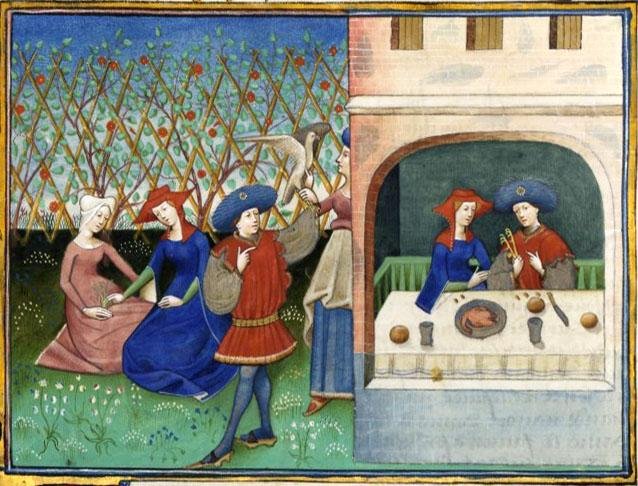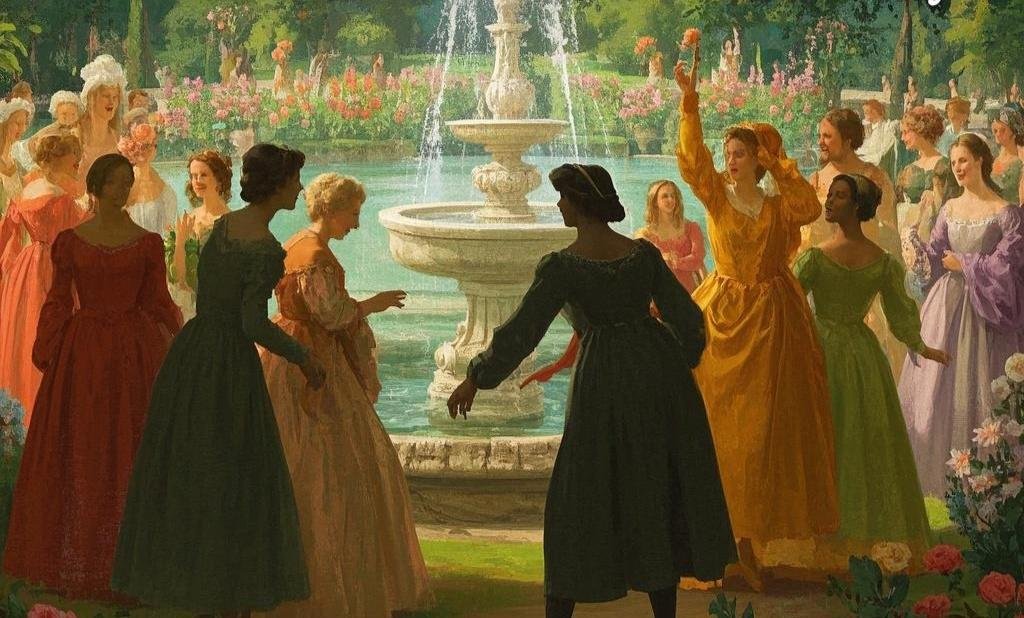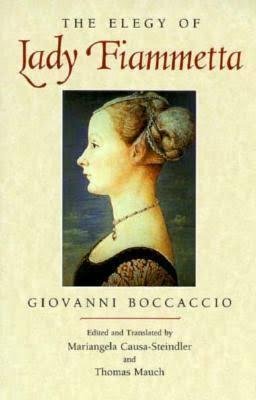WIT AND JUSTICE- A Review of the Tale of Madonna Filippa

Introduction:
In Giovanni Boccaccio’s "The Decameron", the tale of Madonna Filippa (Day 6, Tale 7) stands out as a masterful blend of wit, justice, and female empowerment. This short yet impactful narrative combines humor with a serious critique of societal norms, particularly those surrounding gender roles and legal inequalities. At a time when women were expected to be silent and obedient, Boccaccio presents a woman who not only speaks up but triumphs through her intelligence and persuasive reasoning. The tale continues to resonate centuries later for its bold challenge to authority and its progressive view on justice and agency.
Summary:
The story centers on Madonna Filippa, a woman from Prato who is caught in an adulterous affair and brought to trial. According to the law at the time, any woman found guilty of adultery is to be burned alive. Her husband, Rinaldo, reports her, hoping to see her punished according to this harsh statute. However, instead of begging for forgiveness or denying the accusation, Filippa does something unexpected: she admits her actions openly and justifies them with calm, rational arguments.
She explains that she never denied her husband what was rightfully his and only sought companionship elsewhere when her emotional and physical needs were unmet. She also points out the unfairness of a law that punishes women so severely for actions that men commit regularly without consequence. Her confidence, clarity, and clever reasoning charm the audience and the judge, leading not only to her release but also to the amendment of the outdated law. Her bold defense turns a moment of judgment into a moment of reform.
Analysis:
This tale is a rich example of how literature can subtly, yet powerfully, critique societal injustice. Boccaccio uses irony, satire, and strong characterization to expose the flaws of the legal system and the double standards imposed on women. The courtroom, traditionally a place of male authority, becomes a platform for Filippa’s resistance—a stage where intellect triumphs over blind adherence to law.
Madonna Filippa’s character is crafted with care and admiration. She is intelligent, composed, and brave—qualities not often attributed to women in medieval literature. Her speech is not only persuasive but also revolutionary for its time. By arguing that laws must be fair and relevant to the realities of human behavior, she questions the very foundations of legal and moral systems.
The use of symbolism is also notable. The courtroom symbolizes not just legal authority but also societal judgment, and Filippa’s success there suggests the possibility of justice even within oppressive structures. Her boldness represents a broader voice of female resistance, challenging a male-dominated world that seeks to silence women. Boccaccio doesn't portray her as immoral for her actions; rather, he elevates her as a voice of reason and fairness.
From a historical perspective, the tale offers insight into 14th-century societal norms—particularly how women were treated under the law. Yet Boccaccio’s decision to let a woman question and change a law shows a surprisingly progressive stance. His writing style—marked by clarity, humor, and narrative elegance—makes the tale engaging while delivering serious commentary. The humor is never dismissive but rather serves to underline the absurdity of the situation, making the critique more accessible and impactful.
Personal Response:
Reading this tale was both delightful and thought-provoking. I was genuinely impressed by how boldly Madonna Filippa defended herself and how effectively she turned a seemingly hopeless situation into an opportunity for change. Her calm and logical argument was refreshing, especially within a medieval setting where women were rarely given the chance to speak, let alone influence legal reform.
What struck me the most was how modern the story felt. It challenged laws rooted in inequality and advocated for fairness and reason over rigid tradition. Madonna Filippa didn’t ask for sympathy; she demanded justice with clarity and strength. Her story felt empowering, reminding me that courage and cleverness can challenge even the most entrenched systems.
I also appreciated how Boccaccio handled the subject with a touch of humor without ever making the issue seem trivial. The tale left me reflecting on how many outdated norms still exist in today’s world and how literature can help us see the absurdities in what we often accept as normal.
Conclusion:
The tale of Madonna Filippa remains deeply relevant today as it speaks to enduring issues of gender inequality, legal injustice, and personal agency. Boccaccio’s clever storytelling and progressive message remind us that literature is not just a reflection of society but also a force for change. Madonna Filippa’s victory is not just a personal triumph but a symbolic one—it represents the power of voice, wit, and reason in the face of oppression. In celebrating her courage and intelligence, the story encourages readers to question unjust systems and to believe in the transformative power of speaking truth to power.








